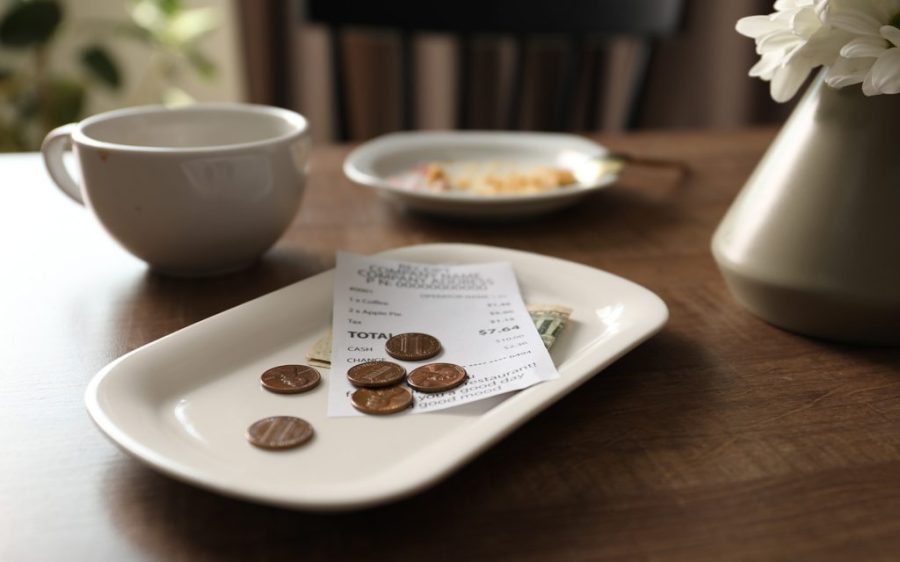Many of us tip in the hope of encouraging better service in the future, but the hypothesis is undercut by the consistency of tipping even toward workers we’re unlikely to ever see again. That and other conclusions are featured in new research into the practice reported SciTechDaily.
“Tipping is a phenomenon that is difficult to explain using classical economic tools,” Dr Ran Snitkovsky of Tel Aviv University said in a press release. So Snitkovsky and his co-author, Professor Laurens Debo of Dartmouth College, employed “a mathematical model and tools of game theory and behavioural economics to understand the motivation behind tipping.”
They fed into the model the two main reasons people report for tipping – appreciation for services rendered and desire to conform to social expectations – and found that in societies with stronger social pressures to conform, average tips tend to increase over time.
“The process is inherently driven by appreciators pulling the conformists upward, but not the other way around,” Snitkovsky explained. He nodded to the US, where the customary tip-to-price ratio has increased from 10 percent in the 1960s to 20 percent or more today.
[See more: Government mulls raising minimum wage to 37 patacas]
He also cites growing economic inequality as a potential factor, as the “tip credit” legislation in the US allows service workers to be paid a sub-minimum wage with the understanding that tips will cover the difference or the employer will.
When there’s a higher tip credit, Snitkovsky noted, “businesses reduce prices – because they rely more on tips to finance labor.”
While this allows businesses to increase supply and serve more customers, it comes at a cost. Wage theft in tip credit jobs is rampant, a study by the US Department of Labor finding that the vast majority of restaurants investigated (84%) cheated workers out of their full wage. Biases in tipping also tend to favour certain workers over others, regardless of the quality of service.
“Personally, I don’t like this practice,” Snitkovsky said, “and I wanted to understand what drives it.” While he was quick to emphasise that it’s a complex phenomenon with some minor positives, he admitted that “it’s easy to find good reasons to do away with tipping.”






